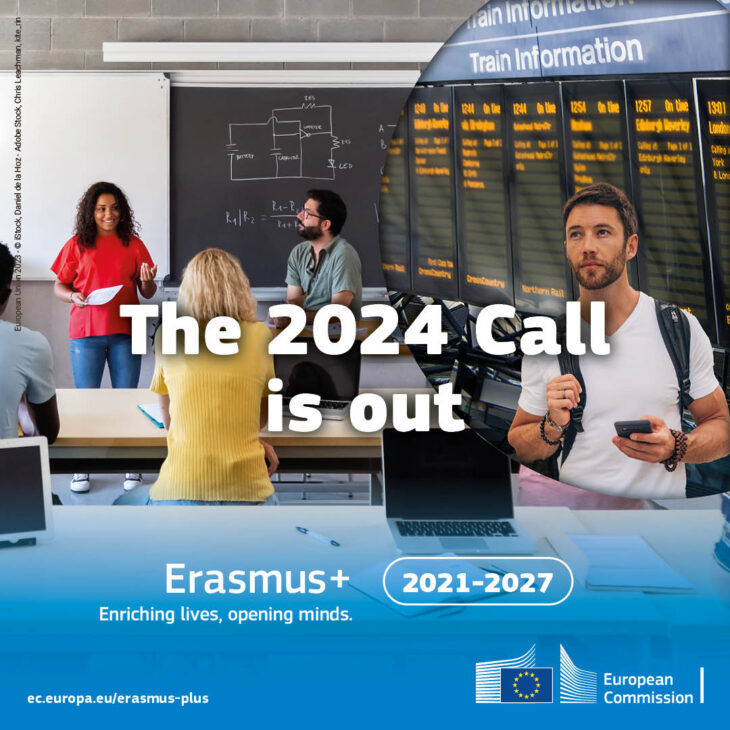From May 26 to 30, 2025, a group of teachers from Italy, Belgium, Bulgaria, and Spain gathered in vibrant Málaga for an international training event as part of the P.iR.A.M.iD project. The aim: to enhance intercultural competences in the fields of tourism and hospitality, using innovative, hands-on tools and methods that can be directly applied in both education and the workplace.
The first day of training focused on the Lewis Model, a powerful theoretical framework for understanding how national culture influences communication styles, decision-making, and work behaviour. Through practical exercises and guided discussions, participants learned to recognize and interpret cultural patterns—an essential skill in today’s global and multicultural hospitality industry.
“Knowing your guest’s cultural background is no longer a bonus,” one trainer explained. “It’s a core skill for providing respectful and personalized experiences.”
Day two was dedicated to intercultural communication, a vital topic for anyone working in tourism. Tone of voice, body language, gestures, or even silence can have vastly different meanings across cultures.
Through real-world simulations and case studies, participants developed strategies to adapt their communication styles, improve service quality, prevent misunderstandings, and build stronger connections with international guests.
As emphasized in the training: “Tourism is global. Communication should be too.”
The third day explored the importance of religious and cultural awareness in hospitality. From offering halal or kosher food and providing prayer spaces to understanding modesty norms and religious holidays, small adjustments can lead to a more inclusive and respectful experience.
This session equipped educators with the tools to teach future professionals how to deliver service that not only meets needs but honours identities—a new gold standard for the hospitality sector.
Thanks to the support of the Erasmus+ programme, P.iR.A.M.iD empowers teachers to return to their institutions with a broader vision, practical knowledge, and shareable best practices. It’s another step forward in building a more open, intercultural, and professionally relevant European education.
























